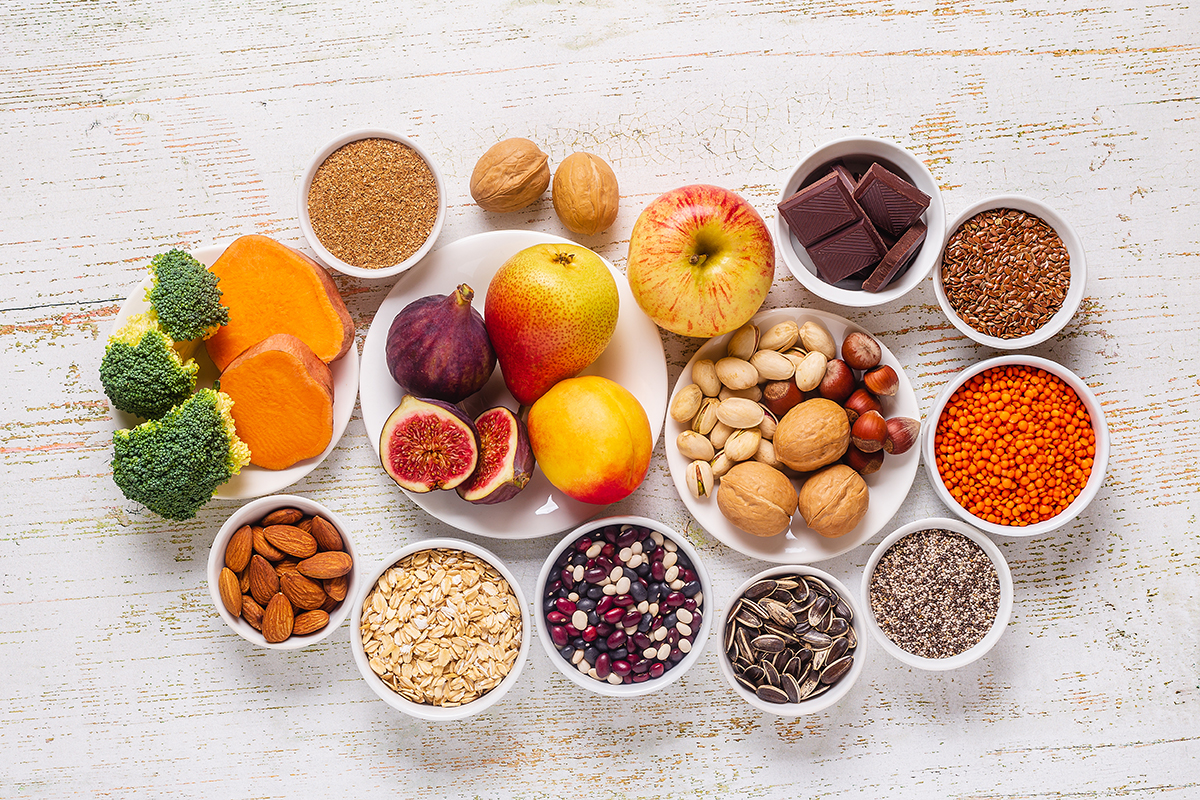The quest for a healthier life is one that unites us all. The robustness of our immune system is a critical determinant of this quest. Our immunity serves as our body’s first line of defense against various infections and diseases. Thus, boosting immunity is fundamental to maintaining overall health and wellness. In this comprehensive guide, we delve into scientifically-backed strategies that you can adopt to fortify your immune system and pave the way for a healthier you.
Table of Content
- Understanding and Boosting Immunity
- Boosting Immunity Through Diet and Nutrition
- Physical Activity
- Sleep and Rest: Key to Boosting Immunity
- Stress Management for Immunity Boosting
- Healthy Habits for Boosting Immunity
- Impact of Environment
- Summary and Key Takeaways
Understanding and Boosting Immunity
Before we delve into ways to boost our immunity, it is essential to understand what it is. The immune system is a complex network of cells, tissues, and organs that work in unison to defend the body against harmful pathogens like bacteria, viruses, and fungi. This defense mechanism is multi-layered, with the innate immunity offering the first line of defense, and the adaptive immunity providing a targeted response based on pathogen recognition.

Our immune health is not static but rather, it evolves as we age. Factors such as diet, physical activity, sleep, stress, and lifestyle habits influence our immunity, either fortifying or weakening it. Therefore, adopting a holistic approach towards health can boost our immunity and by extension, our capacity to ward off diseases.
Boosting Immunity Through Diet and Nutrition
The significance of diet in enhancing immunity cannot be overstated. The food we consume can either strengthen or weaken our immune defense. A balanced diet, rich in a variety of nutrients, serves as the fuel our body needs to maintain a robust immune system.
- Protein: Proteins are the building blocks of the body, playing a critical role in the creation and repair of body tissues. They are also pivotal in fighting viral and bacterial infections. Incorporating a variety of protein sources, including lean meat, poultry, fish, eggs, dairy products, beans, nuts, and seeds, can give your immune system a much-needed boost.

- Vitamins and Minerals: Vitamins A, B6, C, D, and E, along with minerals like zinc, iron, selenium, and magnesium, have been identified as crucial immunity boosters. These nutrients aid in the production of white blood cells and antibodies, which are integral to the immune response. Foods rich in these vitamins and minerals include citrus fruits, berries, leafy greens, nuts, seeds, lean meats, and seafood.
- Antioxidants: These compounds help protect our cells against free radicals, which can lead to oxidative stress and inflammation in the body. Foods rich in antioxidants include berries, dark chocolate, pecans, artichokes, and cilantro.

- Fiber: High-fiber foods like fruits, vegetables, whole grains, and legumes play a crucial role in maintaining a healthy gut. A healthy gut microbiome is essential for a robust immune system as a significant proportion of immune cells reside in the gut.

- Hydration: While not a nutrient, staying well-hydrated is crucial for overall health, including immunity. Water aids in the production of lymph, a fluid that circulates white blood cells and nutrients to your body’s tissues.
Physical Activity
Physical activity offers numerous health benefits, including a boost to your immune system. Regular exercise improves cardiovascular health, lowers blood pressure, aids in body weight management, and safeguards against various diseases. But how does it boost immunity? Physical activity can help flush bacteria out of the lungs and airways, reducing your chance of getting a cold, flu, or other illnesses. Exercise also triggers a change in antibodies and white blood cells, making them circulate more rapidly and detect illnesses earlier. Furthermore, the rise in body temperature post-exercise may inhibit the growth of bacteria, helping your body fight infections better.
Health authorities recommend at least 150 minutes of moderate-intensity or 75 minutes of high-intensity activity each week. This could include activities such as brisk walking, running, swimming, cycling, or weight training. Remember, it’s important to choose activities that you enjoy to make regular exercise a part of your lifestyle.

Sleep and Rest: Key to Boosting Immunity
Skimping on sleep can severely hamper your immune system. During sleep, the immune system releases proteins called cytokines, some of which are crucial in fighting infections or inflammation. Sleep deprivation can decrease the production of these protective cytokines, making you more susceptible to illnesses. Adults should aim for 7 to 9 hours of sleep per night, while teenagers need 8 to 10 hours, and younger children and infants up to 14 hours.
Moreover, quality sleep is as important as quantity. Make your sleep environment restful – a cool, dark, and quiet room can enhance the quality of your sleep. Establishing a regular sleep schedule and incorporating a relaxing bedtime routine can also promote better sleep.

Stress Management for Immunity Boosting
Chronic stress can take a serious toll on your immune system. Under stress, the body produces the hormone cortisol, which helps the body fight inflammation and disease. However, chronic stress leads to consistently high levels of cortisol, which can lead to an overworked immune system, leaving the body more vulnerable to infections and diseases.
There are several effective ways to manage stress. Mindfulness practices like meditation and deep breathing can help lower cortisol levels, boost mood, and improve sleep. Regular physical activity is also an effective stress buster. Additionally, staying socially connected with loved ones and indulging in hobbies can help manage stress levels.

Healthy Habits for Boosting Immunity
Aside from diet, exercise, sleep, and stress management, adopting overall healthy lifestyle habits can significantly impact your immune health. These habits include:
- Avoiding smoking: Smoking damages the immune system and makes the body less successful at fighting diseases. The chemicals in tobacco smoke interfere with the growth and function of immune cells, like cytokines, T cells, and B cells.
- Limiting alcohol consumption: Excessive alcohol weakens the immune system and makes it harder for the body to fight off viruses and bacteria. Moderate drinking for men is up to two drinks per day, and for women, up to one drink per day.
- Regular check-ups: Regular medical check-ups, including necessary tests and vaccinations, can help prevent potential diseases and keep your immune system healthy.

Impact of Environment
It’s important to mention that our environment can also impact our immune health. Chronic exposure to pollutants, toxins, radiation, and harmful chemicals can cause long-term damage to our immune system. Hence, living and working in a clean and safe environment is important for maintaining robust immunity.
Summary and Key Takeaways
In conclusion, boosting immunity is not a one-step process but involves a consistent commitment to a healthy lifestyle. A balanced diet, regular physical activity, adequate sleep, stress management, and healthy lifestyle choices are all crucial aspects of an immune-boosting lifestyle. Furthermore, awareness about the impact of our environment on immune health is also important. By integrating these strategies, you can strengthen your immune system’s defense mechanism, leading to a healthier and more fulfilling life.






